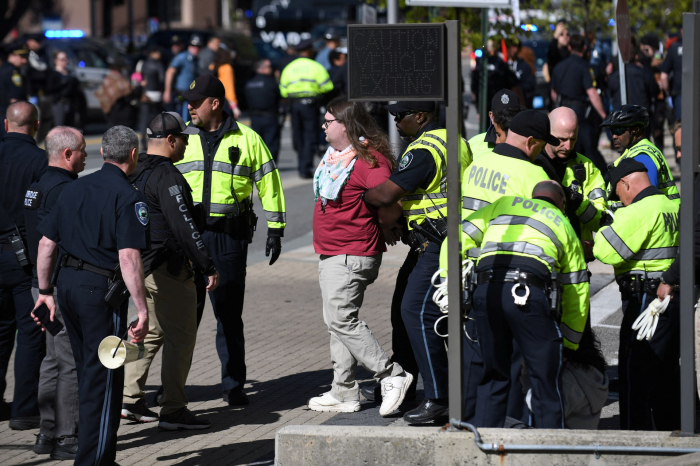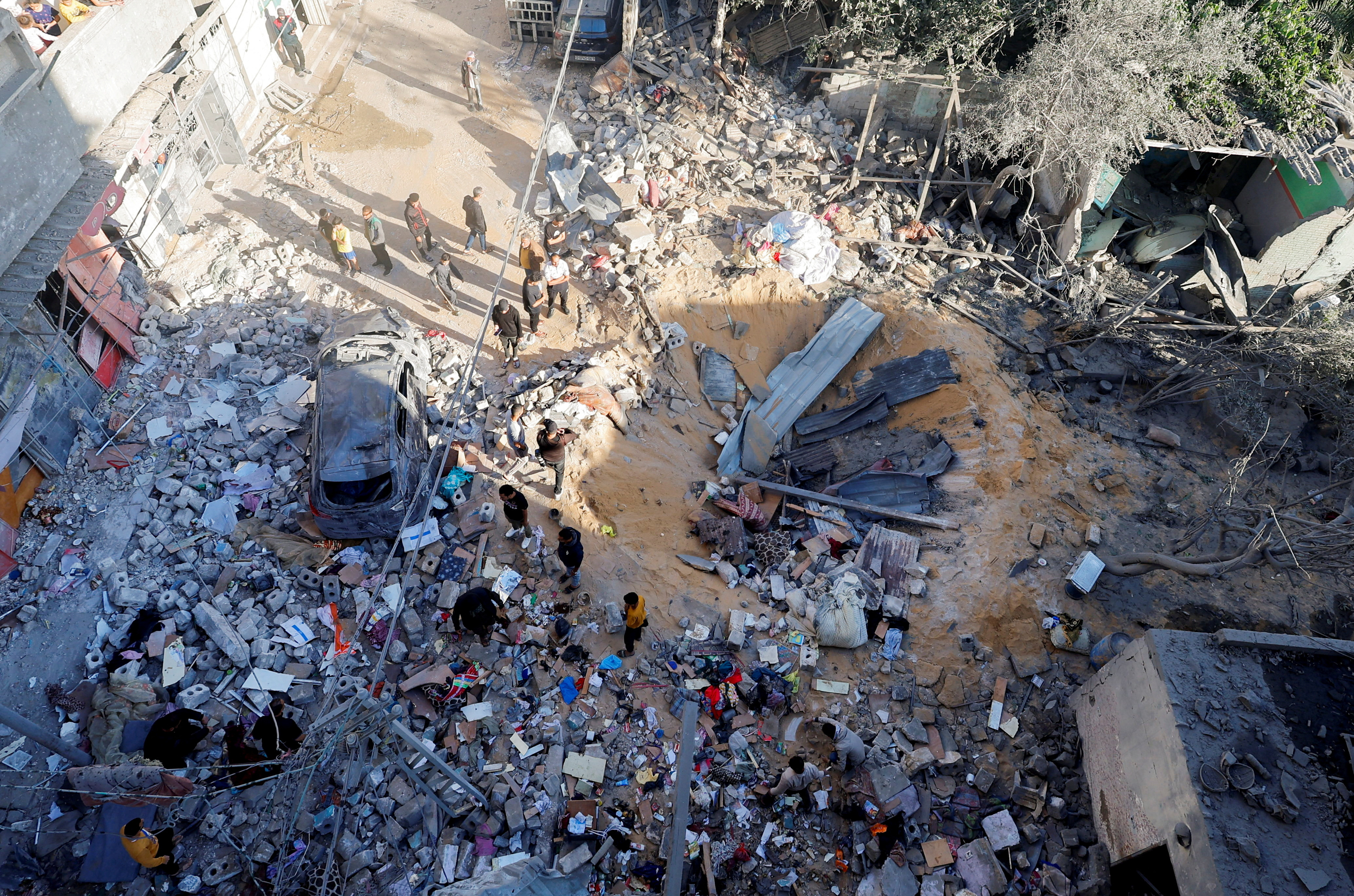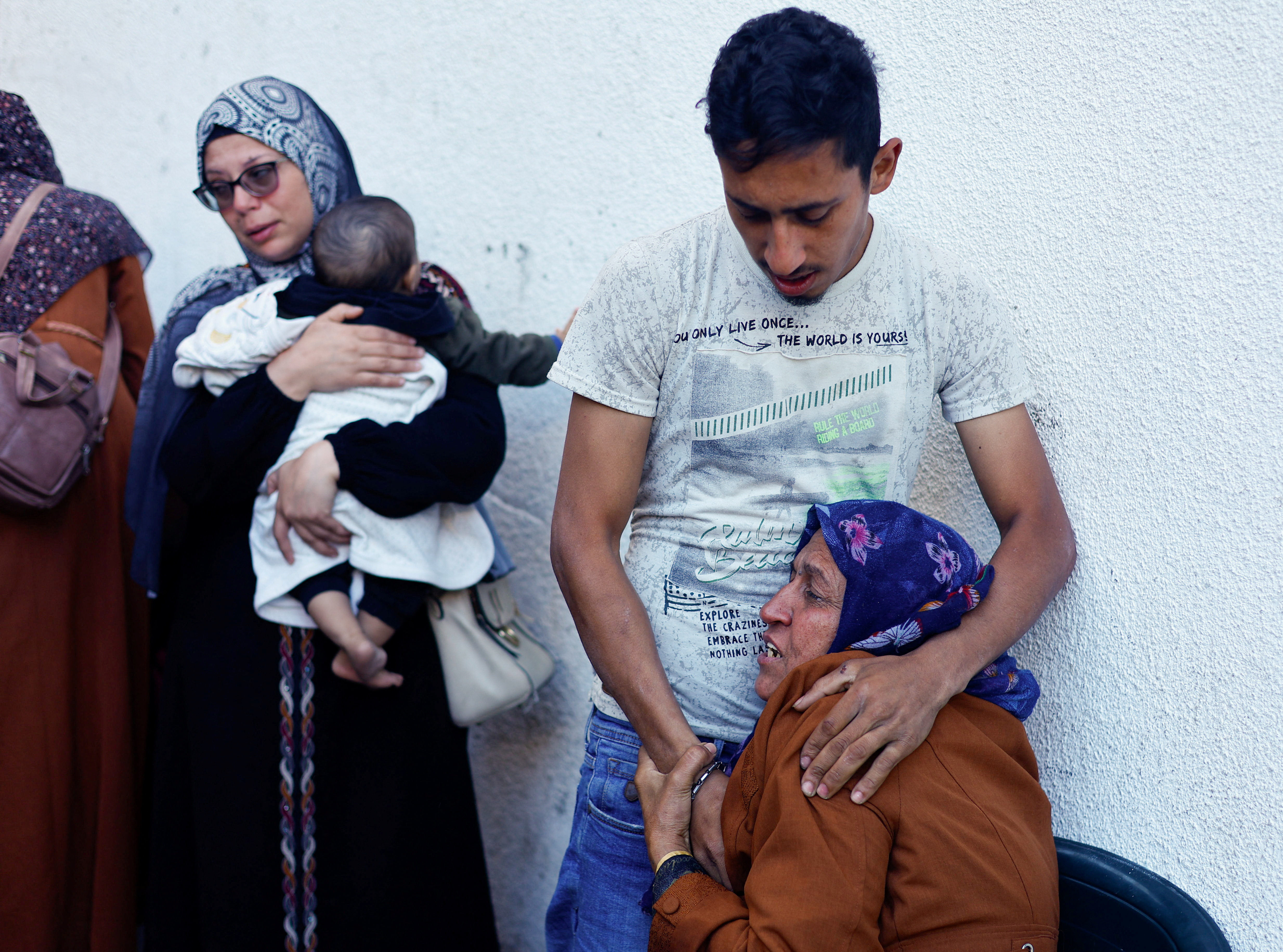By Mark Moran
May 9 (UPI) -- A California man has been sentenced to a year in prison for driving through a crowded crosswalk of peaceful demonstrators while shouting racial slurs during a "Stop Asian Hate" rally in 2021, the Justice Department announced Thursday.
Steve Lee Dominguez, 58, of Diamond Bar, Calif., was sentenced by a United States district court judge after pleading guilty in October 2023 to one count of bias-motivated interference with federally protected activities, the Justice Department said.
"This defendant's hateful attack was designed to curtail the rights of peaceful demonstrators," said United States Attorney Martin Estrada. "While differences of opinion are part of a healthy democracy, we cannot allow people to commit acts of violence against those with whom they disagree. My office will continue to safeguard civil rights for all members of our community."
"Mr. Dominguez attacked innocent civilians who were simply standing up for a righteous cause -- to protect Asian members of our society from hateful attacks," said Mehtab Syed, the Acting Assistant Director in Charge of the FBI's Los Angeles Field Office. "Today's sentence represents the FBI's commitment to ensuring that Constitutionally-protected rights are not violated and those who deny them will be held accountable."
The Justice Department said the 2021 Stop Asian Hate rally was designed to raise awareness about the increase in hate crimes and hate incidents against members of the Asian American and Pacific Islander communities.
Six Asian American women had been murdered in Atlanta five days before the California incident.
During the Stop Asian Hate rally in California, a group of protesters arrived at the scene with American flags and anti-Asian slogans. Dominguez, who was sitting at an intersection in his black Honda sedan, yelled, "Go back to China '' and other racial slurs at the peaceful marchers before ramming his car into the crowd, authorities said.
"He then deliberately drove his car through the intersection's crosswalk at the red light, made an illegal U-turn into oncoming traffic, and cut off the route of several rally participants lawfully crossing the street, primarily women and a young child, " Justice Department officials said in the release.
Dominguez narrowly missed hitting multiple protesters and a 9-year-old child, got out of his car and began issuing racist taunts at those who had gathered, NBC reported.
Dominguez had been free on a $30,000 bond since May 2022, when he was arrested for his involvement in the incident.
In October 2023, Dominguez pleaded guilty to one count of bias-motivated interference with federally protected activities, according to local media reports.


























